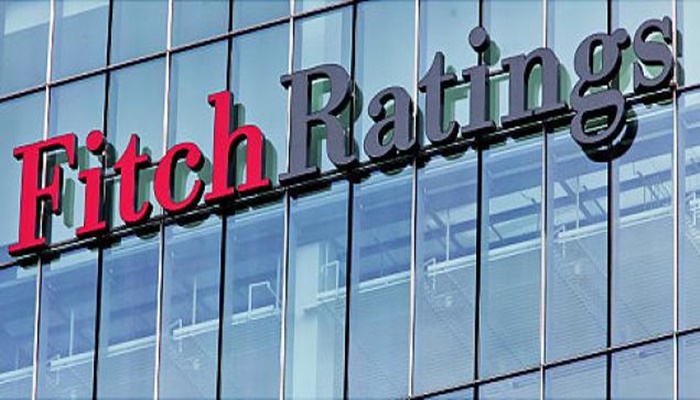
Fitch Ratings has revised its 2017 and 2018 world GDP growth forecasts by increasing it to 3.0 per from 2.9 per cent in June and 3.2 per cent from 3.1 per cent, respectively.
According to world leading rating agency, “The revisions are led by emerging markets and China in particular, whose recovery has been more pronounced than anticipated. But data continue to suggest a synchronised global expansion across both advanced and emerging market economies. Spill-overs from the rebound in emerging market demand are reflected in the fastest growth in world trade since 2010,” said Brian Coulton, Fitch’s Chief Economist.
Real Chinese GDP grew by 6.9 per cent year-on-year (yoy) in 2Q17 (above the 6.7 per cent estimate in the June GEO) and nominal GDP growth has risen to over 11 per cent yoy this year, up from a low of 6.4 per cent in quarter four 2015.
“The recent slowdown in Chinese credit growth is likely to weigh on housing demand in 2018 but housing starts have been holding up well. Moreover, export demand has shown a clear improvement this year. While we still expect a slowdown, our 2017 and 2018 GDP growth forecasts have been revised up by 0.2pp to 6.7 per cent and 0.4pp to 6.3 per cent, respectively,” said Coulton.
US GDP grew by 0.6 per cent (non-annualised) in 2Q17, in line with the June GEO, but this was still a big improvement on 1Q17 (0.3 per cent). The recovery in business investment growth continues and survey indicators point to further gains ahead. Fiscal easing is still expected to provide a modest boost to growth next year and export demand is picking up.
The Fed appears confident in sticking with its normalisation path despite a recent dip in inflation readings and they are likely to commence partial reinvestment of maturing bond holdings in the next few months. We continue to expect a further Fed rate hike by the end of this year.
In the eurozone, growth picked up to 0.6 per cent in 2Q17 (exceeding the 0.5 per cent estimate in the June GEO) with positive surprises in both France and Spain.
“A further easing in the ECB’s survey of bank credit standards in 2Q17 underscores the impact of monetary policy support, while export demand has also improved this year. Ongoing sharp declines in unemployment are boosting consumer confidence and confirm that growth is currently well above trend. It is in this context that market expectations of ECB tapering in 2018 have firmed up, supporting the euro,” said Coulton.
The slowdown in the UK since late 2016 was confirmed with the 2Q17 GDP release, revealing that growth remained subdued at 0.3 per cent. Declining real incomes and a household saving ratio that is already at a 50 year low suggest that consumer spending will slow further. Brexit uncertainties will weigh heavily on investment this year and next.
Japan’s economy has continued to show signs of domestic and external strength with consumer spending supported by a tight labour market and corporate loans growing at their fastest pace for a decade. Our 2017 growth forecast has been upgraded by 0.1pps to 1.3 per cent.






